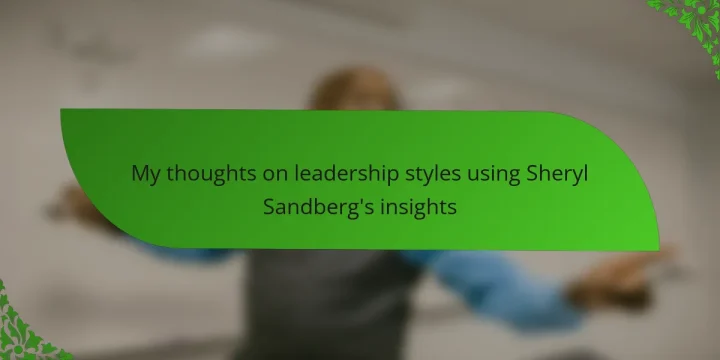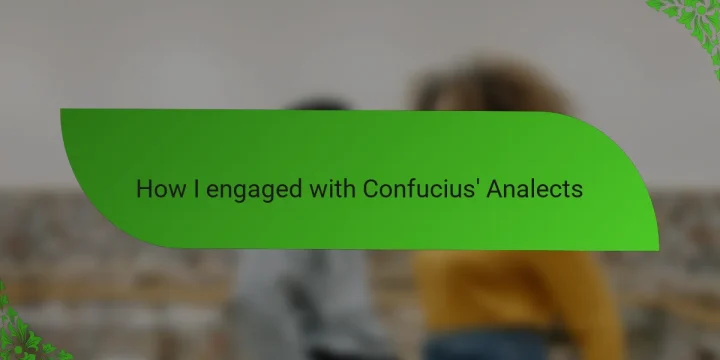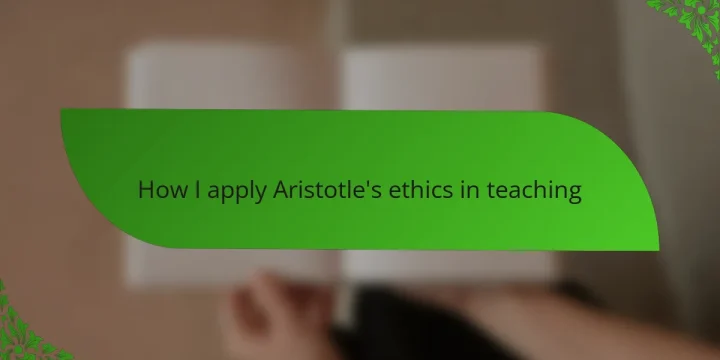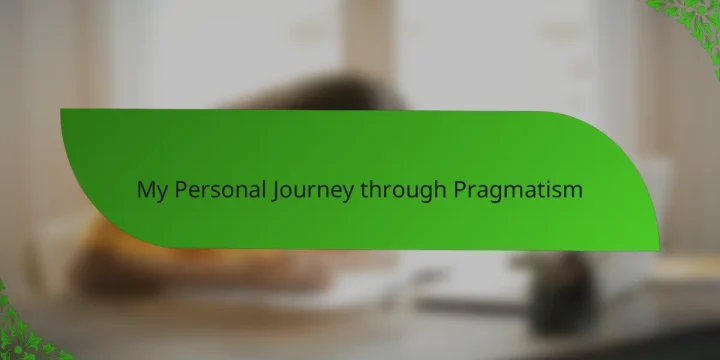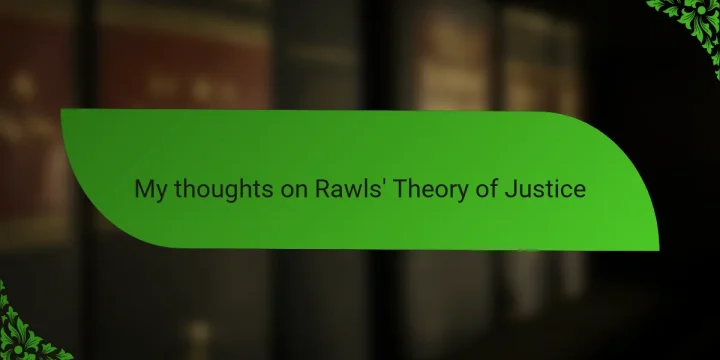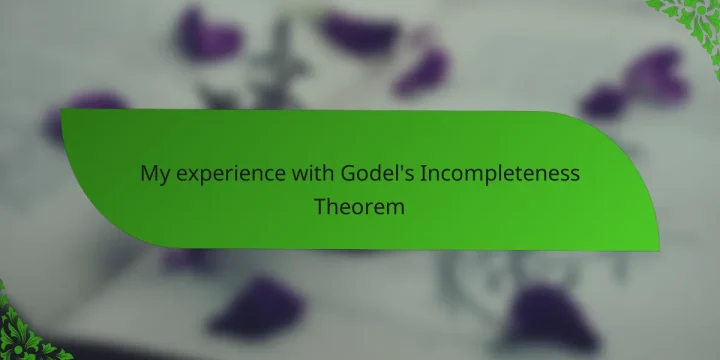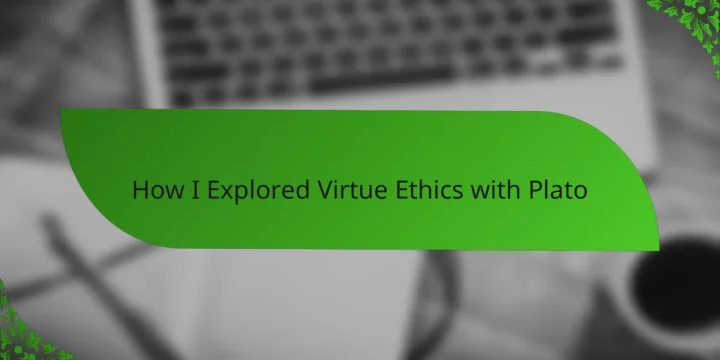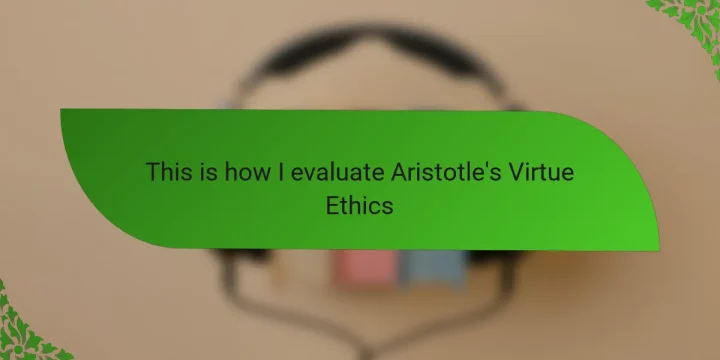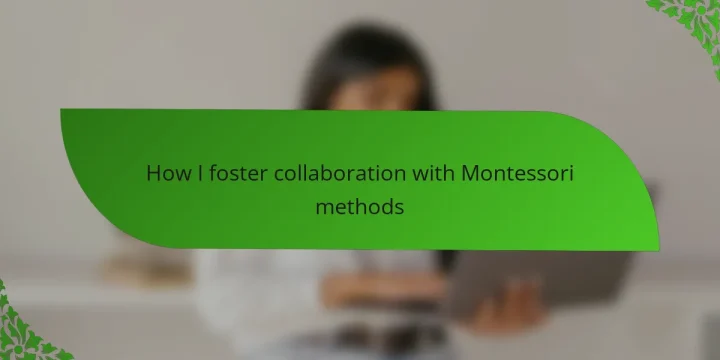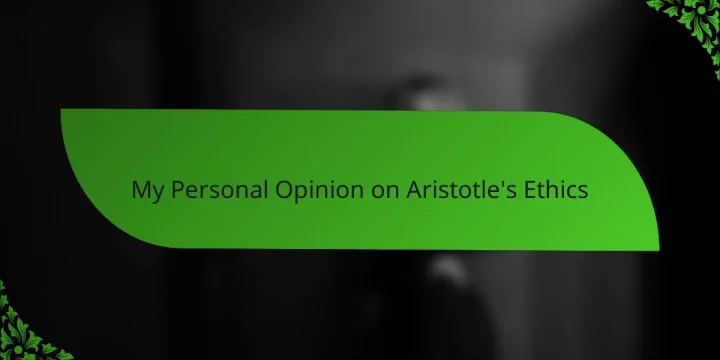
Key takeaways Aristotle emphasizes virtue as a balance between extremes, encouraging moderation in personal and professional life. Habituation is key to developing character and ethics, demonstrating that virtues are shaped through consistent practice, not inherent traits. True happiness, or eudaimonia, is achieved through living a life aligned with purpose and virtue rather than seeking fleeting pleasures. Ethics education enhances critical thinking and encourages thoughtful deliberation in complex moral situations, making philosophy relevant to everyday choices. Introduction to Aristotle's Ethics Aristotle’s Ethics has always fascinated me because it speaks directly to everyday life rather than abstract ideals. Have you ever wondered what it truly means to live a good life? For Aristotle, ethics is not about rigid rules but about developing good habits and character. What resonates most with me is…
